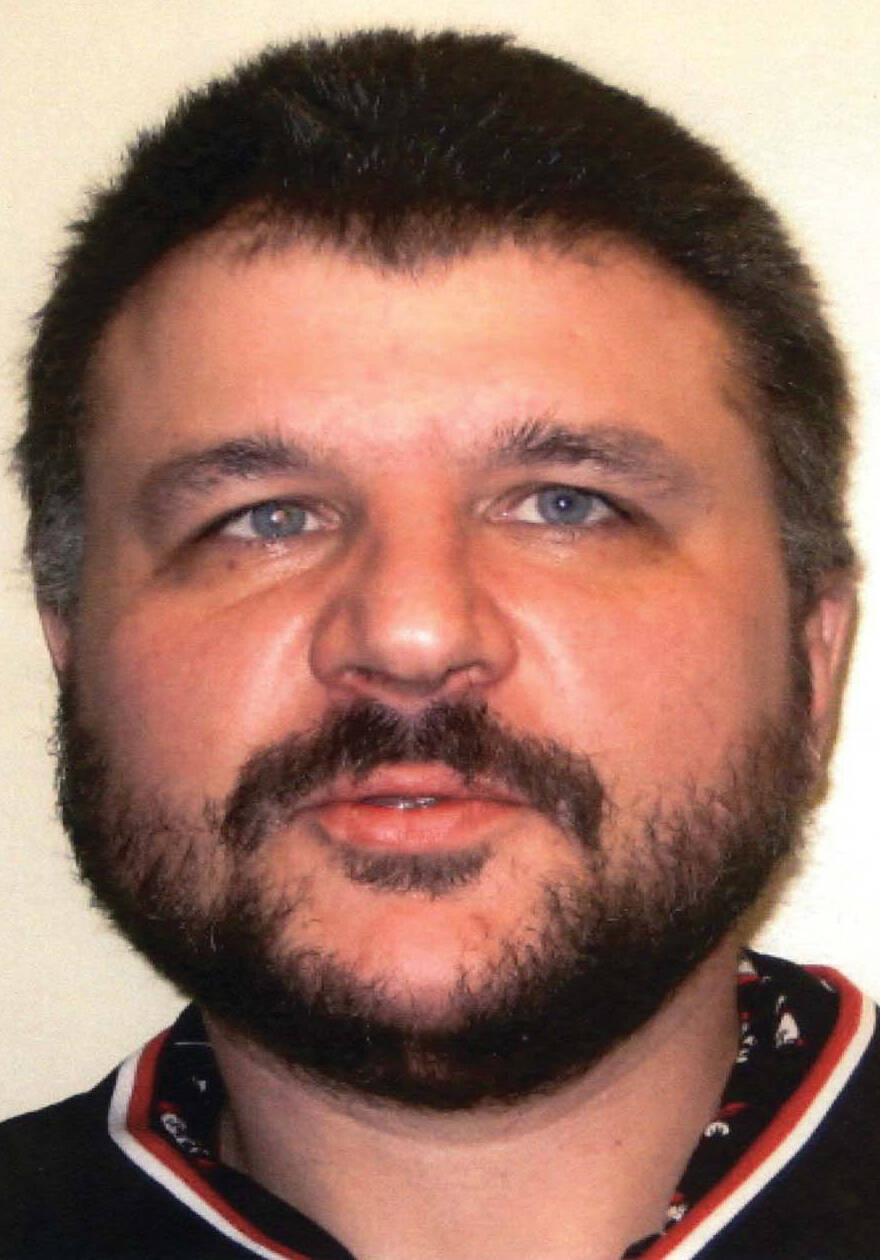Family of man who died waiting at HSC ER feels ‘sense of relief’ after hearing from premier, doctor
Advertisement
Read this article for free:
or
Already have an account? Log in here »
To continue reading, please subscribe:
Monthly Digital Subscription
$0 for the first 4 weeks*
- Enjoy unlimited reading on winnipegfreepress.com
- Read the E-Edition, our digital replica newspaper
- Access News Break, our award-winning app
- Play interactive puzzles
*No charge for 4 weeks then price increases to the regular rate of $19.00 plus GST every four weeks. Offer available to new and qualified returning subscribers only. Cancel any time.
Monthly Digital Subscription
$4.75/week*
- Enjoy unlimited reading on winnipegfreepress.com
- Read the E-Edition, our digital replica newspaper
- Access News Break, our award-winning app
- Play interactive puzzles
*Billed as $19 plus GST every four weeks. Cancel any time.
To continue reading, please subscribe:
Add Free Press access to your Brandon Sun subscription for only an additional
$1 for the first 4 weeks*
*Your next subscription payment will increase by $1.00 and you will be charged $16.99 plus GST for four weeks. After four weeks, your payment will increase to $23.99 plus GST every four weeks.
Read unlimited articles for free today:
or
Already have an account? Log in here »
Hey there, time traveller!
This article was published 11/01/2025 (336 days ago), so information in it may no longer be current.
The sister of a 49-year-old man whose death in the Health Sciences Centre emergency department waiting room is under investigation said she feels some comfort after being contacted by Manitoba’s premier and the hospital’s chief doctor.
“It’s just been a sense of relief and the weight (is) getting lighter,” Ronalee Reynolds told the Free Press Saturday following the death of her brother, Chad Giffin.
She said Premier Wab Kinew and Dr. Shawn Young, HSC’s chief operating officer, contacted her Friday afternoon to discuss Giffin’s death.

Chad Giffin
Kinew offered his condolences and apologized for what Reynolds and her family — which includes Giffin’s 75-year-old mother, Marilyn — are going through, she said.
Reynolds said Young told her that Giffin was picked up by an ambulance near the Salvation Army Winnipeg Centre of Hope on Henry Avenue after a concerned citizen called 911 because Giffin was outside and looked cold.
Young said that Giffin was known by emergency room staff at HSC. He also asked Reynolds questions about Giffin’s medical history.
On Tuesday, Young told reporters the patient arrived shortly after midnight.
Young said the man was assessed, triaged as low acuity, or less urgent, and directed to the waiting room with instructions to speak to staff if his condition changed or worsened.
Staff noticed his condition had deteriorated shortly after 8 a.m., and he was pronounced dead in a resuscitation room a short time later, Young said.
Officials have not said how many times the man was reassessed by staff. Young told reporters that low-acuity patients, who can face waits of more than 10 hours, are typically reassessed every couple of hours.
The ER was over-capacity, with about 100 patients and 50 of them in the waiting room, including Giffin.
Young said the number of nurses on shift was just below the baseline, and a backlog prevented admitted ER patients from being moved to a bed.
Giffin’s death raised comparisons to the tragic end of Brian Sinclair’s life in 2008. Sinclair, a 45-year-old Indigenous man and double-amputee who used a wheelchair, died in the same waiting room 34 hours after he arrived seeking care for a blocked urinary catheter.
An inquest judge concluded the acute peritonitis that caused Sinclair’s death was avoidable, and he died because he did not receive the initial treatment he required.
Shared Health, which runs HSC, is carrying out a critical incident investigation into Giffin’s death. His family said he had a mental illness and struggled with drug addiction and homelessness in his adult life.
“It’s been a confusing few days,” Reynolds said.
At the same time, hearing from the premier was meaningful.
“It was really nice that he’s acknowledged the difficulties that our family is going through right now…,” she said. “It made me and my mom feel seen. I think that’s the best way to put it: it made us feel seen.”
Vilko Zbogar, who was the lead lawyer for Brian Sinclair’s family, told the Free Press Saturday there are times when the homeless are mistreated by the health-care system.
“Anecdotally I hear from some people that they’re treated like they’re worthless and sometimes their complaints aren’t taken seriously,” said Zbogar, who is based in Toronto.
Marion Willis, executive director of St. Boniface Street Links, said she’s come to view the province’s health-care system in a positive light in the last nine months.
Last April, Street Links launched a pilot project supported by Manitoba Health that offers beds to homeless people who have been discharged from a hospital. Based in the Street Links shelter at 604 St. Mary’s Rd., the project has 20 beds where people stay until Street Links can find them housing.
Willis shared the story of a man who was homeless for 15 years and landed in the hospital after breaking his hip. After he was discharged, he transitioned to Street Links — and has since been found a home.
“For him, going to the hospital did more than fix his hip,” Willis said. “It actually resulted in him being housed with all the necessary supports around him.”
aaron.epp@freepress.mb.ca

Aaron Epp reports on business for the Free Press. After freelancing for the paper for a decade, he joined the staff full-time in 2024. He was previously the associate editor at Canadian Mennonite. Read more about Aaron.
Our newsroom depends on a growing audience of readers to power our journalism. If you are not a paid reader, please consider becoming a subscriber.
Our newsroom depends on its audience of readers to power our journalism. Thank you for your support.










